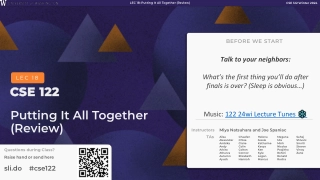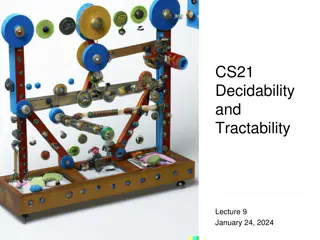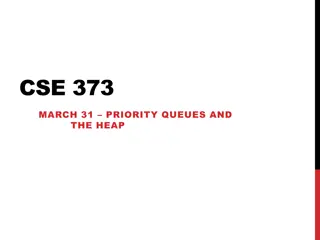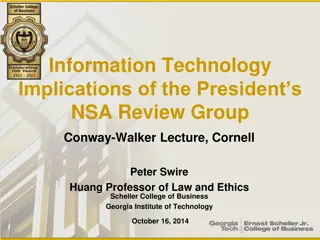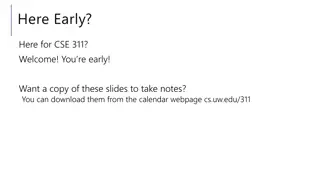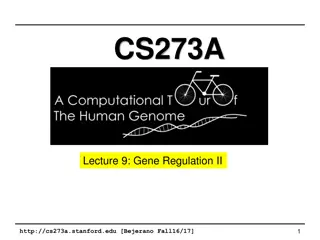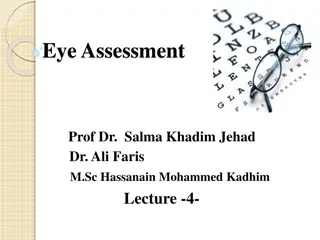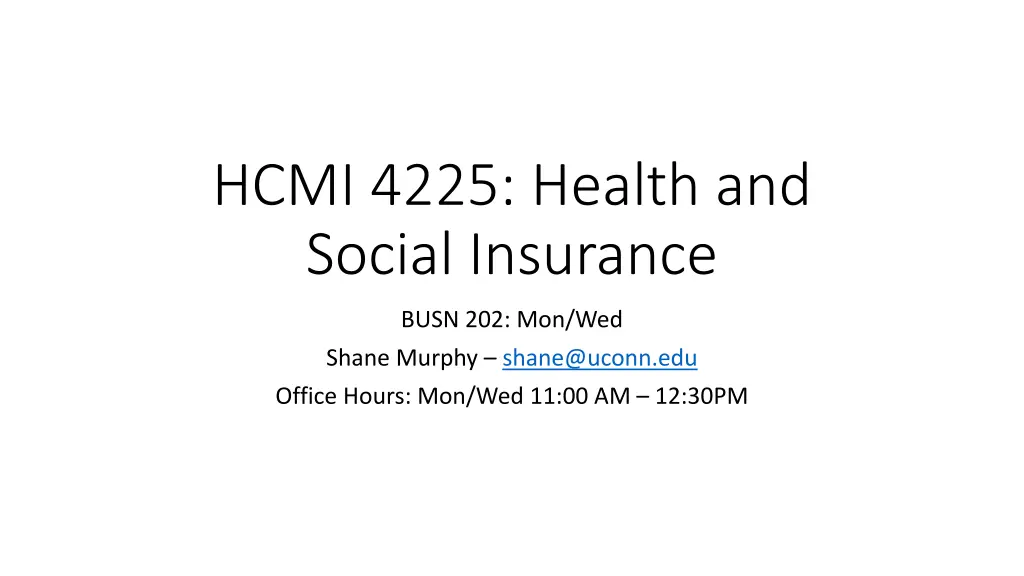
Understanding Recessions and Social Insurance Programs
Explore the impact of recessions on social insurance programs, including insights on unemployment insurance, federal investments during recessions, and the inequality aspects of economic downturns. Learn about key concepts such as eligibility, benefits, and financing of unemployment insurance. Stay informed about the implications of recessions on unemployment claims and direct payments made during economic crises.
Download Presentation

Please find below an Image/Link to download the presentation.
The content on the website is provided AS IS for your information and personal use only. It may not be sold, licensed, or shared on other websites without obtaining consent from the author. If you encounter any issues during the download, it is possible that the publisher has removed the file from their server.
You are allowed to download the files provided on this website for personal or commercial use, subject to the condition that they are used lawfully. All files are the property of their respective owners.
The content on the website is provided AS IS for your information and personal use only. It may not be sold, licensed, or shared on other websites without obtaining consent from the author.
E N D
Presentation Transcript
HCMI 4225: Health and Social Insurance BUSN 202: Mon/Wed Shane Murphy shane@uconn.edu Office Hours: Mon/Wed 11:00 AM 12:30PM
Recessions and Social Insurance Programs American Recovery and Reinvestment Act public investment outlays: Increasing federal share of Medicaid Increasing SNAP and TANF Infrastructure spending Unemployment to be discussed later
Recessions and Inequality Recessions are not felt by all parts of the economy equally The better off you are before a recession, the less the recession increases your unemployment chances This plays an important role but subtle role in attitudes towards social insurance programs
Unemployment Insurance Financed by FUTA, which deposits into state trust funds Each state administers own program overseen by Department of Labor Determines eligibility and benefits Eligibility requires involuntary unemployment not for cause and searching for new job if not on temporary layoff Benefits determined by earnings over previous quarters averages about $360 per week Aims to replace half of lost earnings Max benefit length varies, usually 26 weeks During recessions, benefit length extended, partially funded by federal government Extended Benefit; Emergency Unemployment Compensation Federal Unemployment Tax Act (FUTA) 6.0% on the first $7,000 an employee earns; any earnings beyond $7,000 are not taxed This tax is regressive; because most workers earn more than $7,000 per year, they are effectively paying the same flat tax of $42 per year regardless of income. FUTA taxes thus represent a much smaller share of the wages of high-wage workers than low-wage workers.
Whats next Unemployment claims are made on a weekly basis Great recession peak was 661,000 in March 2009 Previous peak was 671,000 in September 1982 This weeks number could be over 2,000,000
Direct payments Payments made during recessions in 2001 and 2008 In 2008, payments were $600 per person and $300 per child Only given to tax payers Uses IRS system for tax rebates to administer Tax credits (instead of reduced tax rates) were used in 2009 $400 per person lower tax withholdings spread out over multiple pay periods Followed by payroll tax cut Payments are generally spent not saved Studies estimate 50% to 90% are spent within 3 months Does not apply to proposals for UBI May not apply to Sahm s proposal
Sick Leave The Family and Medical Leave Act (FMLA) provides for up to 12 weeks of unpaid leave for certain medical situations for either the employee or a member of the employee's immediate family
Welcome to class When you log in, say something, raise your hand (the little hand wave icon), or post a chat (chat window is in the right hand panel) to let me know things are working for you Watch the three videos at course content in the video folder labeled with todays date (you may want to mute me or log out) You can do the quiz now or later, its based on the Healthcare Triage video You can retake the quiz once you ve finished, so be sure to get the full score! Oh no, I got question 3 wrong it is fixed now, you should retake if you didn t get all the points The interactive portion of class starts at 10:00, but you can come back to Blackboard Collaborate early if you want!
Discussion How did the Rogoff interview strike you? Should governments respond to wars like economic or other crises? What does it mean that health crises are more encompassing than wars? On US soil more like being a part of the London Blitz How did my slides strike you? How do we handle new jobs during quarantine? How did the Healthcare Triage video strike you? Why doesn t the US have a sick leave law?
How do economic crises drive social change Change in individual and family behavior Change in societal behavior
How do economic crises drive social change Change in individual and family behavior During the great depression, women expanded their role in economic spheres Household production increased Families moved in together, reducing need for housing, lowering housing prices Young people leave school, start work (and families) earlier In later crises, young people delay having children Change in societal behavior Economic crisis may burden the government, leading to austerity People feel less solidarity with welfare state, other social groups Anti-foreigner sentiments may grow Social inequality shifts Cultural vs economic power
How do economic crises drive social change Theory: Global economic crises, natural disasters and wars make fundamental change possible. Naomi Klein (2007) claimed neo-liberal politicians try to introduce unpopular liberalization and retrenchment measures in times of crisis Margaret Thatcher did during the Falklands War. Rahm Emanuel (2008) "You never want a serious crisis to go to waste. [ ] It s an opportunity to do things that you think you could not do before." Reality: Incremental change and implementation of existing crisis response procedures more likely Reality depends on robustness of existing welfare state - when the welfare state is recognized by the population as a legitimate counter-cyclical macroeconomic policy lever, then expansion of the welfare state - including new programs - is more likely during a crisis

